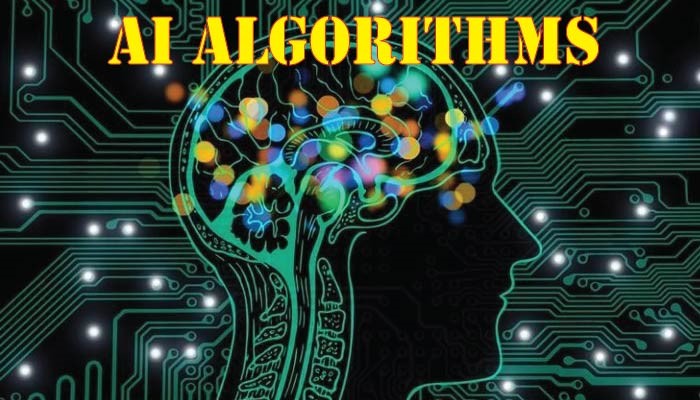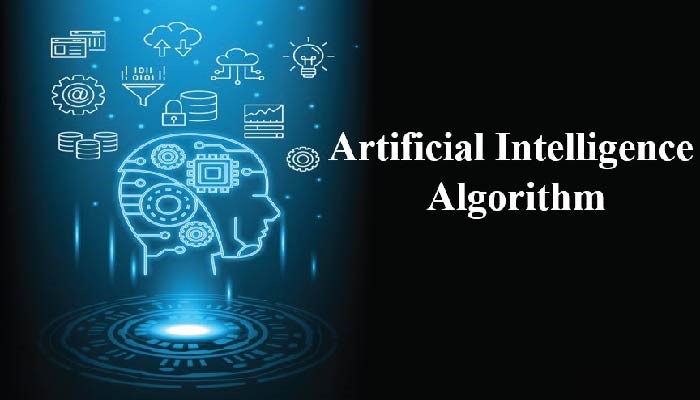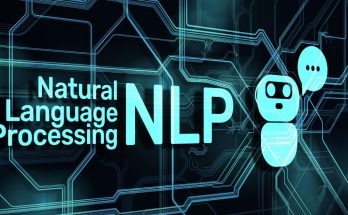Foundations of AI Algorithms: Building Blocks of Intelligent Systems
Artificial Intelligence AI algorithms serve as the fundamental building blocks of intelligent systems, enabling machines to perceive, reason, and act autonomously. From simple rule-based systems to complex neural networks, these algorithms form the foundation upon which AI applications are built. This article explores the essential concepts, principles, and methodologies that underpin the foundations of AI algorithms, elucidating their significance in shaping the capabilities and functionalities of AI systems.

Understanding AI Algorithms: Basics and Fundamentals
In this section, we delve into the basics of AI algorithms, providing readers with a foundational understanding of key concepts such as problem-solving, search algorithms, and optimization techniques. From classic algorithms like depth-first search and breadth-first search to more advanced techniques like genetic algorithms and simulated annealing, we explore the diverse array of approaches used to solve AI problems.
The Role of Data: Data Structures and Algorithms in AI
Data lies at the heart of AI algorithms, influencing their design, performance, and efficacy. Here, we examine the importance of data structures and algorithms in AI applications, focusing on topics such as arrays, linked lists, trees, and graphs. We’ll discuss how efficient data representation and manipulation techniques facilitate faster computation and decision-making in AI systems.
Symbolic AI: Logic, Knowledge Representation, and Inference
Symbolic AI, also known as classical AI, relies on formal logic and symbolic reasoning to model and solve problems. This section explores symbolic AI algorithms for knowledge representation, logical reasoning, and automated theorem proving. We’ll discuss propositional logic, predicate logic, and semantic networks, highlighting their role in capturing and manipulating knowledge within AI systems.
Machine Learning Foundations: Statistical Learning Theory
Machine learning serves as a cornerstone of modern AI, enabling systems to learn from data and improve performance over time. Here, we delve into the statistical learning theory, exploring concepts such as supervised learning, unsupervised learning, and reinforcement learning. We’ll discuss foundational algorithms like linear regression, logistic regression, and decision trees, elucidating their principles and applications in AI.
Neural Networks: Mimicking the Human Brain
Neural networks have revolutionized the field of AI, enabling machines to perform tasks ranging from image recognition to natural language processing. This section delves into the foundations of neural networks, exploring concepts such as perceptrons, feedforward networks, and backpropagation algorithms. We’ll discuss the architecture, training, and optimization techniques that drive the efficacy of neural network-based AI systems.
Evolutionary Computing: Nature-Inspired Optimization
Inspired by the principles of evolution and natural selection, evolutionary computing algorithms simulate the process of biological evolution to solve optimization problems. In this section, we explore genetic algorithms, genetic programming, and evolutionary strategies, discussing how they mimic evolutionary processes to find optimal solutions in complex search spaces.
Swarm Intelligence: Collective Behavior in AI
Swarm intelligence algorithms draw inspiration from the collective behavior of social insects and other natural systems to solve optimization and decision-making problems. This section examines swarm intelligence algorithms such as ant colony optimization, particle swarm optimization, and bee colony optimization. We’ll explore how these algorithms leverage decentralized decision-making and self-organization to find optimal solutions in diverse domains.
Quantum Computing: Exploring the Future of AI
Quantum computing holds the promise of revolutionizing AI algorithms by leveraging the principles of quantum mechanics to perform computations exponentially faster than classical computers. In this section, we provide an overview of quantum computing fundamentals and explore how quantum algorithms such as Grover’s algorithm and Shor’s algorithm could impact AI applications in the future.
Ethical Considerations: Bias, Fairness, and Transparency
As AI algorithms become increasingly integrated into society, ethical considerations surrounding bias, fairness, and transparency come to the forefront. This section discusses the ethical implications of AI algorithms, exploring issues such as algorithmic bias, fairness in decision-making, and the importance of transparency and accountability in AI systems.
Conclusion: Navigating the Complexities of AI Algorithm Foundations
The foundations of AI algorithms form the bedrock upon which intelligent systems are built, enabling machines to perceive, reason, and learn from data. By understanding the principles, methodologies, and ethical considerations that underpin AI algorithms, researchers, practitioners, and policymakers can navigate the complexities of AI development responsibly and shape a future where AI serves the greater good of humanity.



